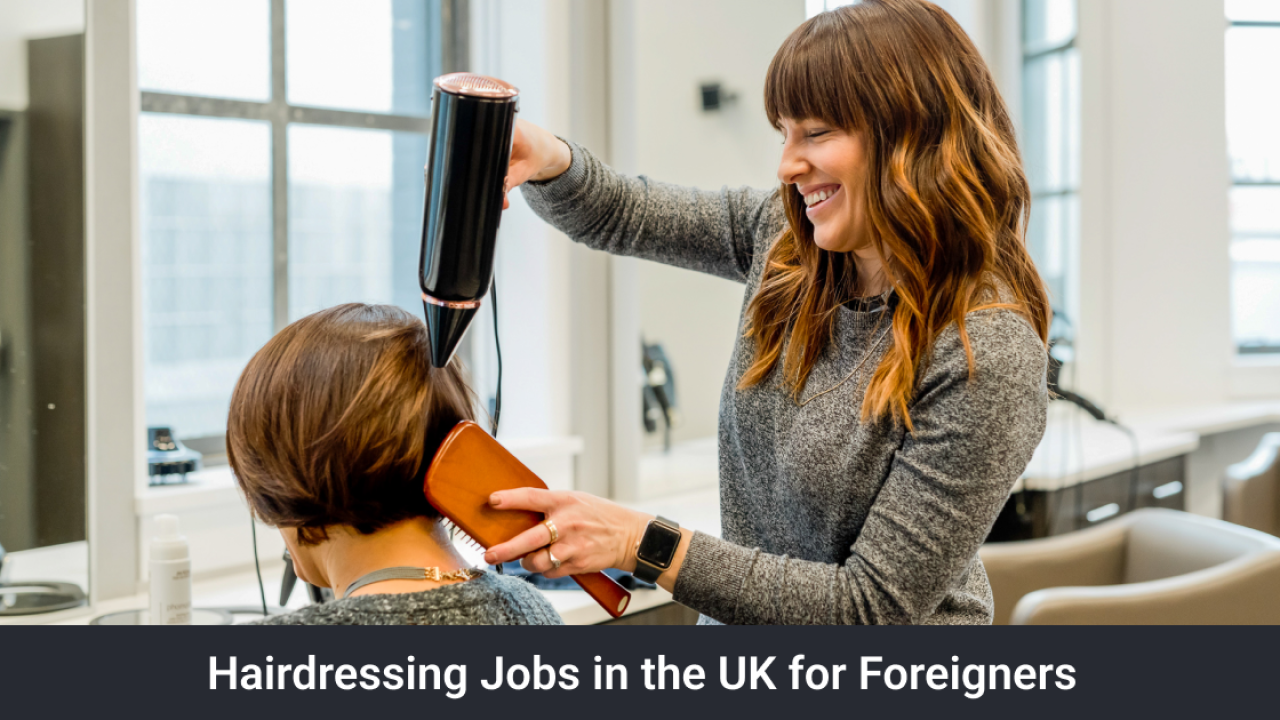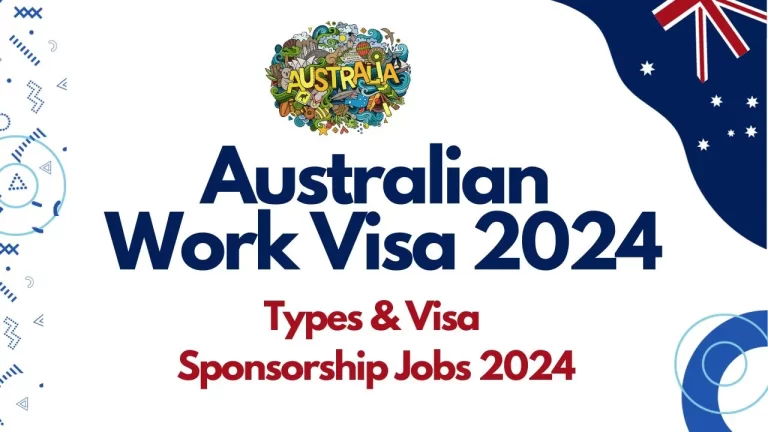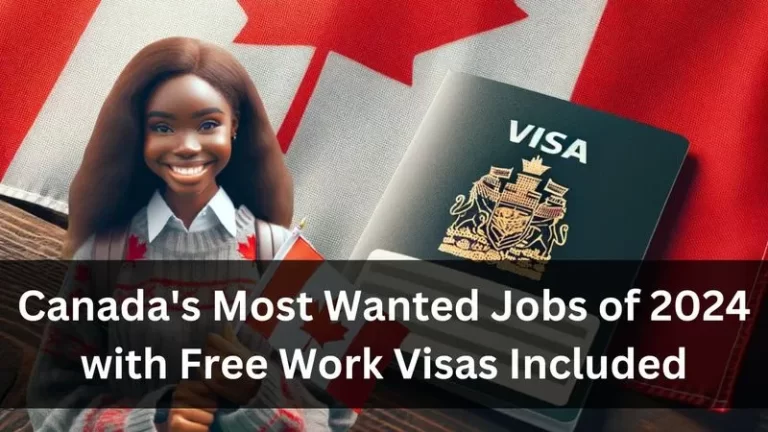Qualified Hairdresser Jobs in the UK with Visa Sponsorship: APPLY NOW
The United Kingdom has long been a hub for fashion, beauty, and personal care. With its diverse population and dynamic lifestyle, the demand for skilled hairdressers has consistently risen. For individuals seeking opportunities in the UK, the prospect of qualified hairdresser jobs with visa sponsorship is an exciting avenue. In this comprehensive guide, we will explore the qualifications, job responsibilities, and the process of obtaining a visa for international hairdressers.
Advertisements
Qualifications and Skills:
a. Formal Training:
To secure a qualified hairdresser job in the UK, one must have a solid foundation in hairdressing. Formal training from recognized institutions or accredited beauty schools is crucial. This education provides the necessary theoretical knowledge and practical skills required for the profession.
b. Certification:
Having relevant certifications is essential for a successful career in the UK. The National Vocational Qualification (NVQ) in Hairdressing or an equivalent qualification is typically required. These certifications showcase the individual’s competence in the field and are often a prerequisite for employment.
c. Experience:
While entry-level positions may be available for freshly qualified hairdressers, having practical experience can significantly enhance job prospects. Experience not only builds confidence but also demonstrates the ability to handle diverse clientele and varying hair types.
d. Specialized Skills:
Apart from basic cutting and styling skills, specialized skills in areas like color correction, hair extensions, and chemical treatments are highly valued. Continuous professional development in these areas can make an applicant stand out in a competitive job market.
Advertisements
Job Responsibilities:
a. Client Consultation:
Understanding client needs and preferences is a crucial aspect of a hairdresser’s role. Effective communication skills are necessary to discuss and recommend suitable hairstyles, treatments, and products.
b. Hair Cutting and Styling:
The core responsibilities include cutting, styling, and shaping hair according to the client’s requirements. A qualified hairdresser should be proficient in a variety of cutting techniques and be updated on current trends.
c. Coloring and Chemical Treatments:
Proficiency in coloring techniques, highlights, and chemical treatments such as perming and straightening is essential. Knowledge of different hair types and the impact of chemicals on diverse textures is crucial for success.
d. Product Knowledge:
Keeping up with the latest hair care and styling products is essential. Recommending and selling products to clients for at-home maintenance is often part of the job.
e. Hygiene and Safety:
Maintaining a clean and safe work environment is paramount. Adhering to health and safety regulations, including proper sterilization of tools, is a fundamental responsibility.
Advertisements
f. Keeping Up with Trends:
The beauty industry is dynamic, with trends constantly evolving. A qualified hairdresser should stay updated on the latest styles, techniques, and technologies in the field.
Visa Sponsorship for Qualified Hairdressers:
a. Work Visas:
International candidates seeking qualified hairdresser jobs in the UK usually require a work visa. The most common type is the Tier 2 (General) visa, which is employer-sponsored. To be eligible, applicants must have a valid job offer from a UK employer with a valid Tier 2 sponsorship license.
b. Eligibility Criteria:
To qualify for a Tier 2 (General) visa, applicants must meet specific criteria, including:
Advertisements
-Job Offer: A valid job offer from a UK employer with a sponsorship license.
– Certificate of Sponsorship (COS): The employer must provide a Certificate of Sponsorship, a reference number that confirms the job offer and the position’s details.
– Salary Requirements: The salary must meet the minimum threshold set by the UK government for the specific job category.
– English Language Proficiency: Some applicants may need to prove their English language proficiency through tests like the International English Language Testing System (IELTS).
Sponsorship Process:
The employer plays a crucial role in the visa sponsorship process. They must:
– Hold a valid Tier 2 sponsorship license.
– Issue a Certificate of Sponsorship (COS) to the employee.
– Ensure the job and salary meet the required criteria.
The employee, once sponsored, can then apply for the Tier 2 (General) visa from their home country.
d. Duration and Extension:
The initial Tier 2 visa is granted for the duration of the employment contract, up to a maximum of 5 years and 14 days. Extensions are possible, and after five years on this visa, individuals may be eligible for indefinite leave to remain (ILR) in the UK.
e. Other Visa Options:
Apart from the Tier 2 (General) visa, there may be other visa options depending on individual circumstances, such as the Tier 1 (Exceptional Talent) or Tier 5 (Temporary Worker) visa. Consulting with immigration experts or legal advisors can help determine the most suitable visa route.
Job Search and Application Process:
a. Job Search Platforms:
Several platforms specialize in advertising job opportunities for qualified hairdressers in the UK. Websites like Indeed, Reed, and Total jobs are excellent resources for job seekers.
b. Networking:
Building a professional network within the UK’s beauty and fashion industry can significantly enhance job prospects. Attending industry events, joining online forums, and connecting with professionals on platforms like LinkedIn can open doors to potential opportunities.
c. Crafting a Strong CV:
A well-crafted CV is crucial for making a positive first impression. Highlighting relevant qualifications, skills, and experience is essential. Tailoring the CV to the specific job application can increase the chances of success.
d. Job Application:
Once a suitable job opportunity is identified, the application process typically involves submitting a CV and a cover letter. The cover letter should express genuine interest in the position and briefly outline the applicant’s qualifications and experience.
e. Interview Process:
If shortlisted, candidates may be invited for an interview, which can be conducted in person, over the phone, or through video conferencing. Demonstrating confidence, communication skills, and a genuine passion for the industry are key during interviews.
Adapting to the UK Work Environment:
a. Cultural Awareness:
Understanding and respecting the cultural nuances of the UK is important for effective communication and integration into the workplace. Familiarity with workplace etiquette and norms will contribute to a positive work experience.
b. Legal Compliance:
Adhering to employment laws, health and safety regulations, and workplace policies is essential. Being aware of workers’ rights and responsibilities ensures a smooth transition into the UK work environment.
c. Professional Development:
Continuing education and professional development are highly encouraged in the UK. Hairdressers should explore opportunities for further training and certifications to stay competitive in the industry.
d. Workplace Ethics:
Maintaining a strong work ethic, punctuality, and a positive attitude are highly valued in the UK workplace. Collaboration with colleagues and a commitment to excellence contribute to a successful career.
Conclusion
Qualified hairdresser jobs in the UK with visa sponsorship offer exciting prospects for international candidates with a passion for the beauty industry. With the right qualifications, skills, and understanding of the visa application process, individuals can embark on a rewarding career in one of the world’s most dynamic and vibrant job markets. By staying updated on industry trends, networking, and adapting to the UK work environment, qualified hairdressers can build successful and fulfilling careers in the United Kingdom.
Advertisements







